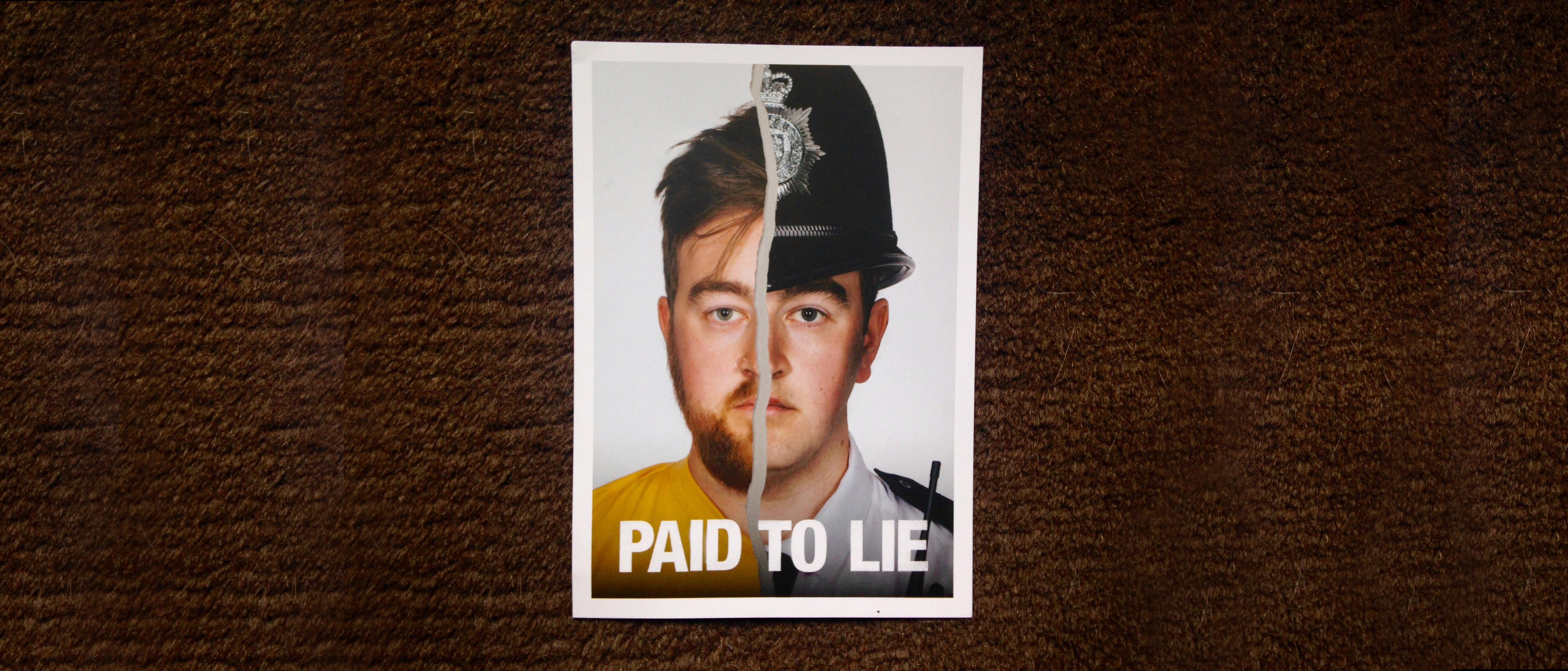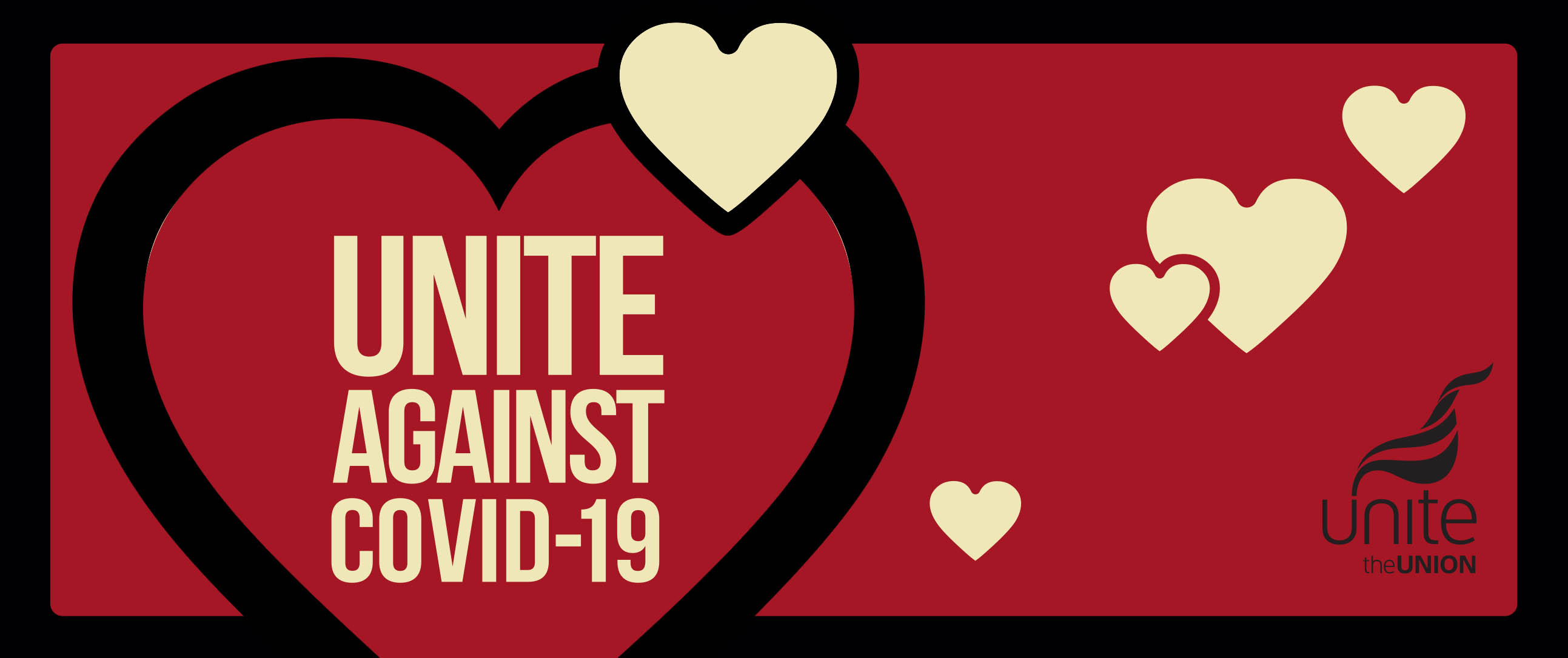No justice, no peace
One chapter closed in the Royal Courts of Justice today (May 11) but another opened as the long fight for blacklisted workers continues.
Although the case was settled – Unite helped secure more than £10m in compensation for its members, with unions Ucatt, GMB and law firm GSR also securing payments – Unite argues the matter is far from over.
Blacklisted workers and trade union members supporting them poured into the court room this morning as counsel representing the claimants read a final joint statement in open court.
Legal representatives of the blacklisted workers told the court the sordid tale of the blacklist, which is thought to have been in operation for more than 40 years.
It all started with the Services Group, a group of construction companies which was formed under the umbrella of the Economic League, an organisation founded in 1919 and known infamously for keeping databases of left-wing activists and trade union members.
After a national strike in the early 1970s, the nascent Services Group created and operated the Services Group Database, which included personal details of individual construction workers, including names, dates of birth, national insurance numbers, previous employment history, and addresses.
Some workers in the database were labelled with their suspected political affiliation or sympathies, as well as their trade union affiliation or activities such as complaints about health and safety. Individual entries even included in some instances details relating to health or personal relationships.
Most damaging
Most damaging of all, some construction workers were singled out in the database with recommendations against their employment.
The machinations of the Economic League and the Services Group came to light in the early 1990s after a series of newspaper investigations and parliamentary debates. And so the Economic League shut down in 1993 under the pressure of bad publicity.
But just as quickly, the Consulting Association was founded the same year and carried out much the same work as its predecessor the Services Group. Construction firm McAlpine put up £10,000 towards the new organisation’s start-up costs and Ian Kerr, who had a significant role in maintaining the original Services Group database, became the Consulting Association’s chief officer.
The new database, known as the Monodex List, was shrouded in secrecy.
Codes were used to refer to firms who had contributed to the database. Membership of the Consulting Association, and so access to the database, was determined by the members themselves.
Members, who paid an annual subscription fee, could send in a list names of workers to have them checked against the database – if a name appeared, the inquiring firm was sent all the details of the individuals contained in the database, and the faxed lists were then destroyed.
In individual files, phrases describing the workers included â€troublemaker’, â€strong left-wing tendencies’ and â€militant’. Some were marked â€would not re-employ’. One was even noted to have a â€large family’.
And so the blacklist carried on, with workers who had been unable to find employment for decades, or consigned to menial, low-paying jobs despite their construction skills, having not a clue why their livelihoods had been destroyed – they had no way of knowing they’d been blacklisted.
Full gravity
It wasn’t until the Information Commissioners Office (ICO) issued a search warrant and raided the Consulting Association’s premises in 2009 that the full gravity of what had happened came to light.
Record cards for roughly 1,800 workers contained in the database were seized by the ICO – the database is thought to contain the details of more than 3,000 workers in total.
The legal battle against the construction firms slogged on for several years, but it wasn’t until just last October that the firms finally admitted to their involvement and offered blacklisted workers their apologies.
But while Ucatt, GMB and the law firm GSR accept these apologies, Unite today in court refused.
Unite director of legal services Howard Beckett explained. “We don’t accept that it’s the end of the road for this and we do not accept their apologies as sincere. We only are said to have received their apologies.”
“And why have we taken this position? It’s because we want a public inquiry because no one has been disciplined or dismissed as a result of this behaviour.
“The senior people who created this blacklist still hold senior positions in construction companies. If they’re not holding people accountable, then their apologies in fact cannot be sincere.”
Indeed, the founding chairman of the Consulting Association, Cullum McAlpine, still maintains his position as director of the implicated firm Sir Robert McAlpine Ltd.
Ian Kerr, chief officer for the Consulting Association, who has since passed away, pleaded guilty to violating the Data Protection Act in 2009, but was only fined – his fines were paid for by McAlpine.
“This could definitely happen again,” Beckett warned. “That’s why we’re calling for a public inquiry. The problem with this whole thing is that it’s all been veiled in secrecy. The litigation has been difficult because all of the disclosure documents have been destroyed.
Beckett explained that if other blacklists are still in existence, “they will also be veiled in secrecy.”
“The difficult thing is actually proving a blacklist exists,” he said. “If we have a public inquiry, the individuals who made the decisions must give statements in an open forum. In these proceedings, they steadfastly refused to give statements.
“Until we have an inquiry, we won’t know to what extent this practice goes on in the construction sector and indeed in other sectors.”
Unite branch secretary from Middlesbrough and advanced scaffolder Tony Seaman attended court to support his fellow trade union members in construction whose lives had been destroyed after being blacklisted.
“These companies that have been involved, we must stop them from getting public contracts,” he said. “There’s nothing to stop these companies from being involved in blacklisting again.
“It’s scandalous that these people involved are still in positions of power – if any ordinary member of the public did what they did, they would be jailed.
“Many of the people who have been on the blacklist for so many years have gone to their deathbeds with nothing for themselves or their families,” Seaman added. “Money is not justice – justice is when these people get taken to court and go to jail.”
As counsel for the defendants in the case began reading their statement this morning, the packed court room exploded into chants of â€No justice, no peace’.
Indeed, Unite is committed to continuing to fight to secure this justice that – despite hard-won compensation – is still a long way off.
 Like
Like Follow
Follow


